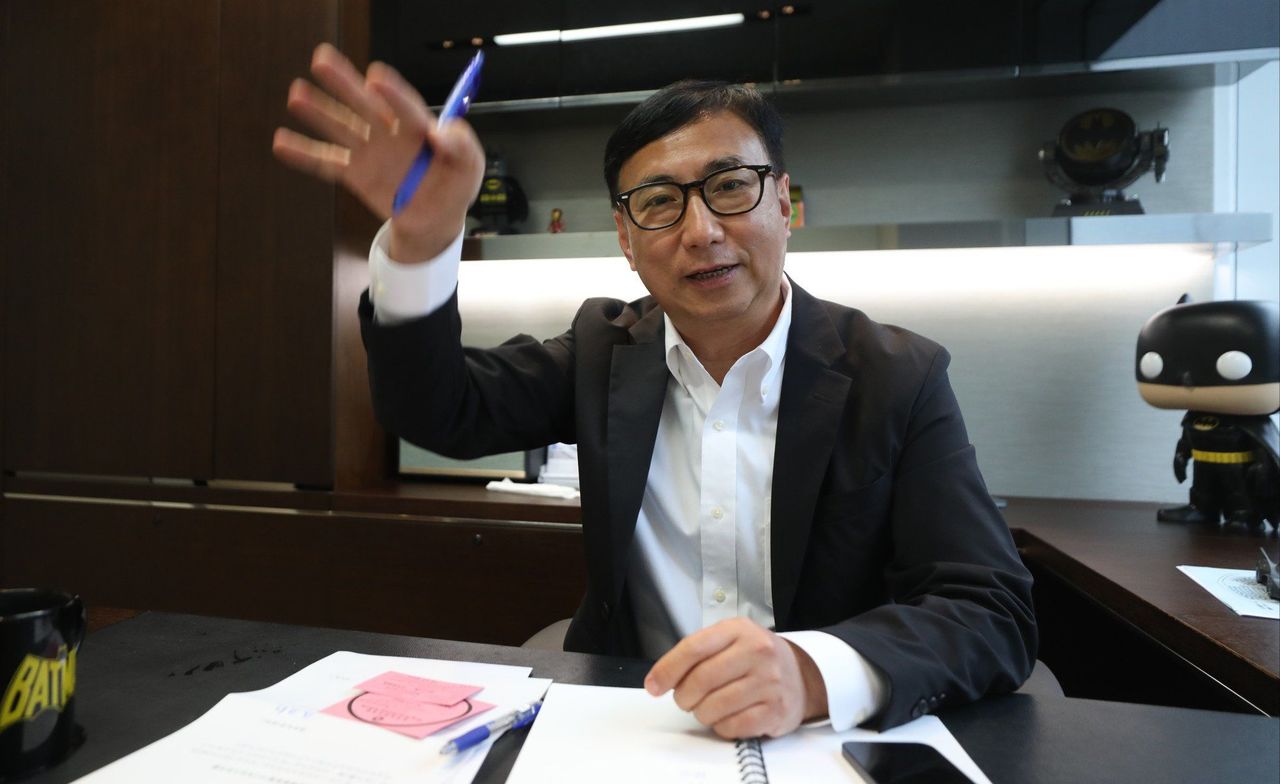Hong Kong News

Hong Kong protests: leader refuses to set deadline for wrapping up police inquiries
Hong Kong’s leader has refused to set a time frame for closing police investigations into thousands of protesters arrested in connection with the social unrest in 2019, despite the head of the force earlier saying he had hoped to wrap up all cases by February.
Lawmakers assisting the arrestees called for clarity on the process on Tuesday, while a legal expert stressed that concluding cases would serve the interests of justice.
Hong Kong police have arrested 10,279 people in relation to the anti-government protests but charged only 2,910, according to the latest figures provided by the force.
Chief Executive John Lee Ka-chiu told reporters police would not set a date to wrap up their investigations.
“It is unrealistic to set a so-called timetable that is not based on any evidence, and it may also not conform to our spirit of the rule of law,” said Lee, who was deputy police commissioner before joining the administration in 2012.
He emphasised that criminal investigations were always based on evidence, the actual circumstances and the needs of the case.
However, Police Commissioner Raymond Siu Chak-yee has twice given a time frame for completing the investigation. In a press conference on February 14, Siu said the force was reviewing the cases and hoped to announce how it would proceed “within the month”.
The following month he told reporters the force had “initially” aimed to process all cases by February or March and efforts were still being made to get it done “within one or two months”.
The force has not provided any update since then. Court documents filed last Wednesday indicated new cases in relation to the social unrest continued to be registered.
 Lawmaker Tik Chi-yuen has criticised the government for breaking the
police’s promise to wrap up investigations into those involved in the
2019 social unrest.
Lawmaker Tik Chi-yuen has criticised the government for breaking the
police’s promise to wrap up investigations into those involved in the
2019 social unrest.
Lawmaker Tik Chi-yuen, who learned about the police’s February target in a January meeting with Siu, criticised the government for breaking a promise set by the force itself and undermining the future of the youth affected.
“The government should have some empathy,” he said. “It’s not just hurting the young people, but also their parents. They can’t plan their future and career at all. Cases not yet pursued are unlikely to be serious. Why not close them quickly?”
Professor Simon Young Ngai-man, associate law dean at the University of Hong Kong, said the secretary of justice could decide against prosecuting an accused individual in the interests of public justice.
“Determination of the interests of public justice can be based on a defined category of cases in which the offence is minor, the delay is long, and the likelihood of possible reoffending is low,” Young said. “The interests of justice are also served by having finality in individual cases.”
Lawmaker Gary Zhang Xinyu, who has received 170 requests for assistance from those arrested over the 2019 unrest, said only a few of the cases had yet to be closed by police, but he noted the overall number of inconclusive cases was likely to be higher.
Zhang agreed that the judicial process should be respected by not imposing a deadline for prosecution, but if authorities could offer greater clarity on the process for handling the arrestees, society would benefit.
“We want society to move forward from the social events that had caused so much turmoil and tear, and information on the results of these cases is very important to inform the society that it’s time to normalise and move forward,” Zhang said.











